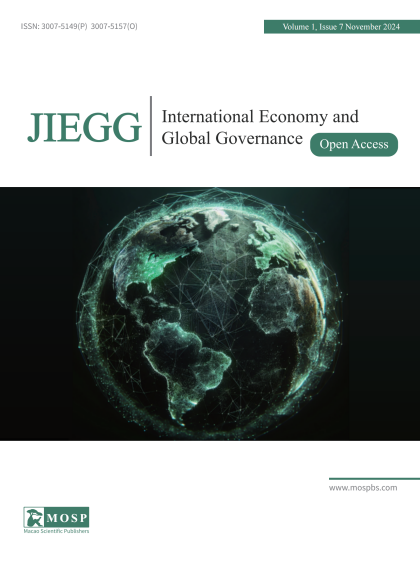Abstract
With the advancement of the Belt and Road Initiative, cooperation between China and ASEAN countries continues to deepen. Numerous cooperative projects, particularly in infrastructure construction, are influenced by various factors during their promotion and implementation. The successful implementation of Belt and Road projects is closely related to the political stability and institutionalization levels of host countries. Countries with high political stability and strong institutionalization can effectively promote the smooth execution of projects, whereas those with low political stability and weak institutionalization face a higher risk of project failure. Through case studies of Singapore, Thailand, Laos, and Myanmar, this research validates a model of four causal mechanism combinations, revealing the impact of political stability and institutionalization levels on the advancement of Belt and Road projects.
Keywords: Belt and Road Initiative, Political Stability, Institutionalization Level
Download the full text PDF for viewing and using it according to the license of this paper.

